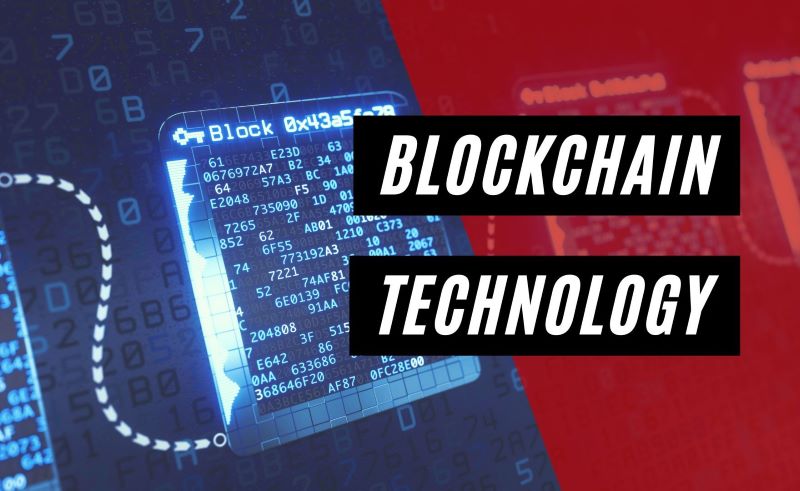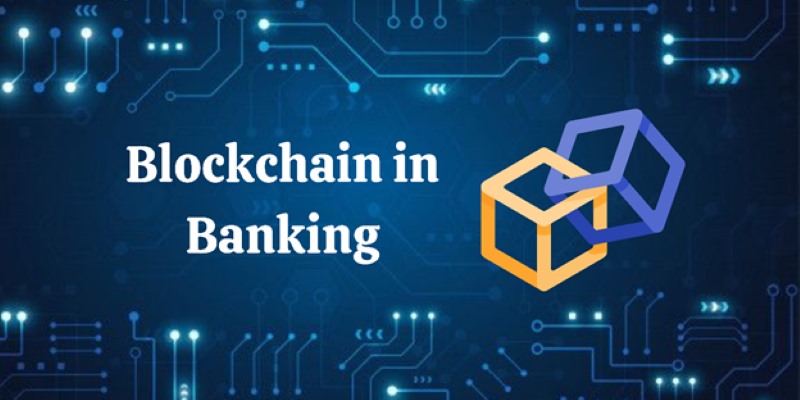
Use of blockchain technology in Supply Chain Management
Blockchain technology has the potential to revolutionize Supply Chain Management (SCM) by enhancing transparency, security, and efficiency. In traditional supply chains, tracking products across multiple stages—from raw materials to final delivery—can be complex and prone to errors, delays, and fraud.
Blockchain offers a solution by creating an immutable, decentralized ledger where each transaction or movement of goods is recorded transparently and securely. This not only ensures real-time tracking but also minimizes the risk of fraud or tampering, providing full visibility into the entire process. As a result, stakeholders can verify the authenticity and origin of products, leading to better decision-making and improved trust among suppliers, retailers, and consumers.
Additionally, blockchain streamlines processes like inventory management, reducing overhead costs and increasing operational efficiency. As more industries embrace blockchain for SCM, its role in ensuring supply chain integrity and efficiency is set to grow significantly.

Blockchain technology in Banking
Blockchain’s impact on the banking industry is profound, offering a new paradigm for secure, transparent, and cost-effective financial transactions. Traditional banking systems are often slow, costly, and vulnerable to fraud due to their reliance on intermediaries and centralized databases.
Blockchain eliminates many of these issues by allowing peer-to-peer transactions without the need for intermediaries, ensuring faster settlement times and lower transaction fees. The decentralized nature of blockchain ensures data integrity and reduces the risk of fraud, making it particularly attractive for cross-border payments and remittances.
Moreover, blockchain’s smart contract capabilities allow for automated processes, reducing human error and increasing efficiency in areas like loan issuance, trade settlements, and asset management. As blockchain continues to evolve, it will likely reshape the future of banking, with more institutions adopting blockchain solutions to improve services and reduce costs.

Blockchain in Healthcare
The healthcare industry, known for handling vast amounts of sensitive data, stands to benefit greatly from blockchain technology. One of the most pressing challenges in healthcare today is ensuring the security and interoperability of patient records across different systems and providers.
Blockchain can solve this by creating a decentralized, immutable record of patient data that is accessible only to authorized parties. This enhances data security and ensures that medical histories are accurate and up-to-date, improving patient care.
Furthermore, blockchain can streamline administrative processes such as billing and insurance claims, reducing fraud and inefficiencies. The transparency provided by blockchain can also help with supply chain management for pharmaceuticals, ensuring the authenticity and safety of drugs. As adoption grows, blockchain will not only improve the quality of care but also reduce costs and create a more efficient healthcare ecosystem.

Blockchain Technology in Accounting
Blockchain has significant potential to transform accounting practices by automating and enhancing transparency, accuracy, and security in financial transactions. Traditional accounting systems rely on centralized ledgers, which can be prone to human error and fraud.
Blockchain technology, with its decentralized ledger system, ensures that every transaction is securely recorded and immutable, making it nearly impossible to alter or falsify financial data. This enhances the accuracy of financial reporting and simplifies audit processes, reducing the risk of discrepancies or fraud.
Furthermore, blockchain can streamline complex tasks like reconciliation by automatically verifying transactions across multiple parties, saving time and reducing operational costs. As more businesses adopt blockchain in accounting, its role in enhancing financial transparency and reducing compliance costs will become increasingly vital.

Applications of Blockchain in Finance

For further insights and updates on this revolutionary technology, stay connected with Blockchain Global Network, your trusted source for blockchain news and developments.

RELATED POSTS
What is Dog Card GameFi? The Latest 4D GameFi Project Today
Recently, the GameFi (financial gaming)...
Define Blockchain Technology – A Beginner’s Introduction
Have you ever wondered what...
How does Robinhood work? The Gateway to Blockchain
In today’s rapidly evolving financial...
Blockchain for supply chain tracking explained
Modern supply chains are often...
Zotto Airdrop – Accelerating Meme Coin Trading
The Zotto Airdrop is attracting...
How the U2U Contract Address Powers Decentralized Transactions
The U2U Contract Address is...
Blum Airdrop – A Ready Guide to Earning Tokens
Blum Airdrop is a fantastic...
What is the Cryptocurrency Market? How Transactions Work on the Blockchain
Curious about what is the...
What is the current market price of Bitcoin? Insights into today’s fluctuating values
What is the current market...
Rho Markets Airdrop – A Promising Opportunity
The Rho Markets Airdrop is...
DeepSeek vs ChatGPT – Who is the AI Chatbot King of 2025?
DeepSeek vs ChatGPT – The...
Explore Top DePin AI Projects
Exploring the leading DePin AI...
What Is PayPal USD (PYUSD)? Everything You Need to Know About PayPal’s Stablecoin
PayPal USD (PYUSD) is a...
What is a decentralized exchange?
What is a decentralized exchange?...
What is dYdX? A deep dive into Decentralized trading
What is dYdX? It is...
Nous Research Secures $50M for Decentralized AI on Solana
Nous Research, a trailblazing startup...